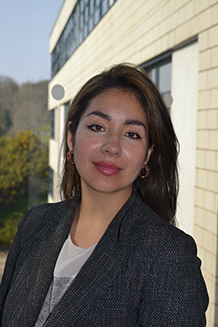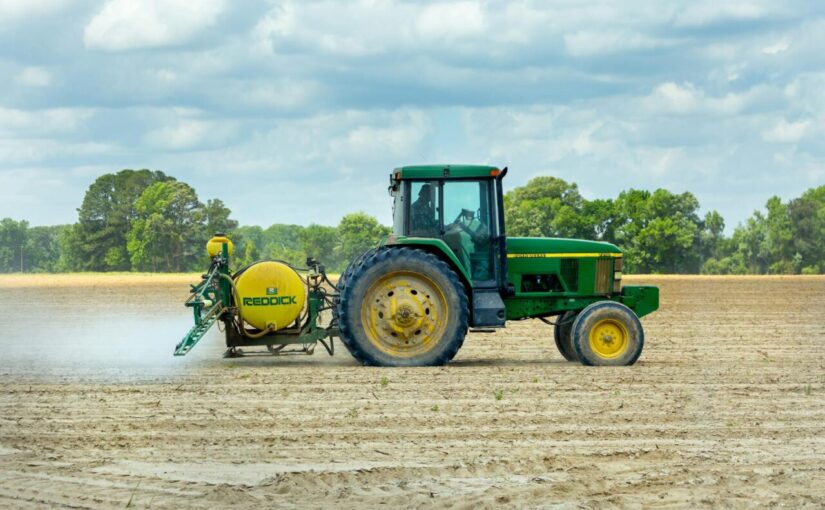Claudia Milena Adler shares with us her empirical experiences of humanitarian crises and responses to environmental hazards in the seventh blog in this series based on the IGDC/YESI Webinar event ‘Emergencies, wellbeing and social justice in the Anthropocene.’
Claudia Milena Adler collaborates with community initiatives on education, empowerment, climate change, and development. Claudia joined us in this webinar to discuss empirical experiences of humanitarian crises and responses to environmental hazards.
Separate World View
Often through modern science human beings see themselves as separated from the environment, entering into an extractive relationship with nature which positions nature as a resource only. It’s precisely this separate worldview that creates humanitarian crises. Human beings have contributed to more destruction of nature than any other animal. Increasing conflicts, disasters and uneven development activities, as well as individual human greed, have separated us from the rest of the animal kingdom.
This separate worldview, colonial thinking and even the term ‘anthropocene’, which means the period during which human activity has been the dominant influence on climate and the environment, could be seen as arrogance in itself. Are we that important and powerful compared to nature itself?
According to the Food and Agriculture Organization; 95% of the food that we eat comes from the soil, however 52% of the world’s agricultural soil has been degradated. This means that we’re losing an acre of soil every second. All of the world’s top soil could be gone within 60 years. So if we don’t take action to take care of our activities and take conscious action to improve soil and soil quality we are in grave danger.
To think and act like humans are the centre of this planet is a huge mistake and it contributes to the possible extinction of the human race. This is a real humanitarian crisis that we’re facing today.
Movements of Change
There are many movements such as a Save the Soil campaign and the Save the Planet campaign that attempt to bring real change and to save humans from themselves.
Checkout the full version of Claudia’s talk
About the author

Claudia is a Lecturer in Wellbeing and Development at the Department of Health Sciences at York.
As a British-Colombian, Claudia has collaborated with community initiatives on education, empowerment, climate change, and development since 2016, primarily in Uganda and Colombia. She teaches courses on humanitarianism, international protection and assistance, communities in humanitarian affairs and education in emergencies.
Claudia’s research critically examines learning approaches that empower girls and women from marginalised and rural backgrounds from South Asia, Sub-Saharan Africa, the Middle East and Latin America. She is also a member of the Feminist Humanitarian Network, a space for women leaders, especially from the Global South to engage with policy and practice of the global humanitarian and development agenda. Currently, Claudia is engaging with ancient wisdoms from Asia, Africa, Latin America, and the Middle East to learn solutions to modern challenges including climate change.

